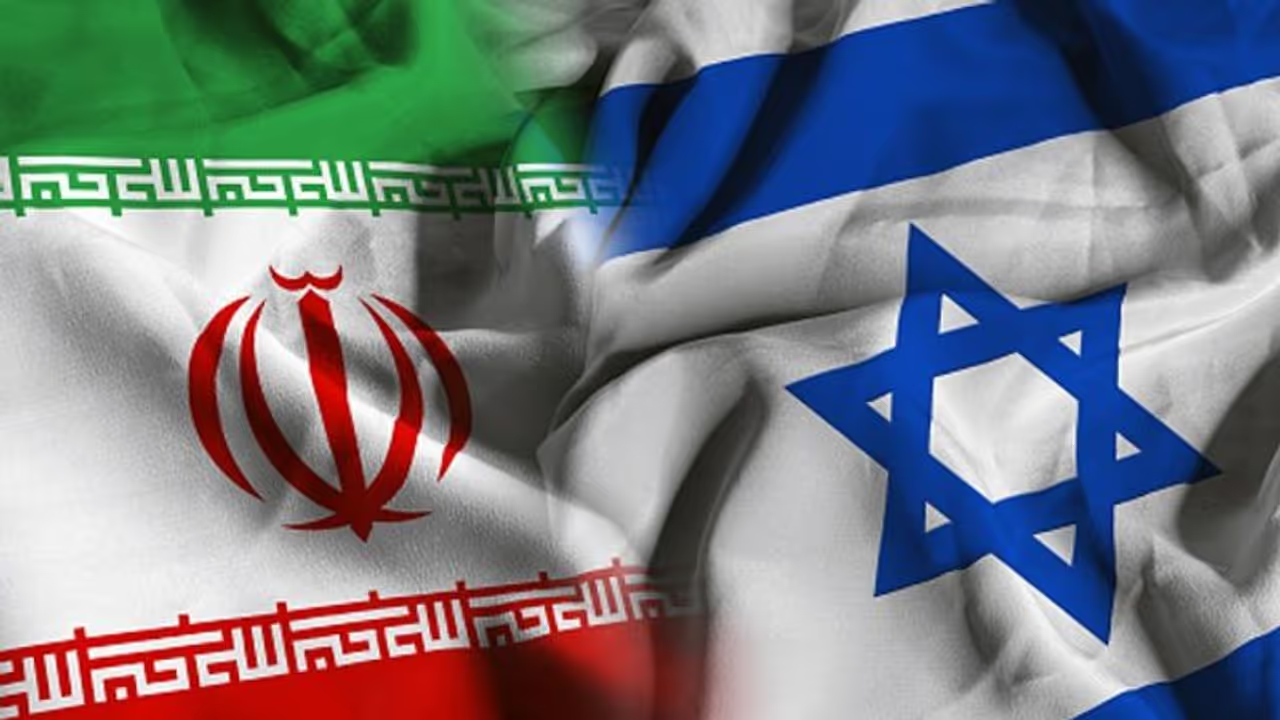Hours after reports of an Israeli attack on Iranian city of Isfahan surfaced, a senior Iranian official informed Reuters on Friday that Iran currently lacks immediate plans for retaliating against Israel.
Hours after reports of an Israeli attack on Iranian city of Isfahan surfaced, a senior Iranian official informed Reuters on Friday that Iran currently lacks immediate plans for retaliating against Israel. “The foreign source of the incident has not been confirmed. We have not received any external attack, and the discussion leans more towards infiltration than attack,” the Iranian official said on condition of anonymity.

As per Reuters, an Iranian analyst conveyed to state TV on Friday that the mini drones intercepted by air defenses in Isfahan were operated by "infiltrators from within Iran."
Meanwhile, the Israeli hard right minister Ben Gvir has posted a one-word post on X on Friday: “Feeble!”
Earlier today, US officials confirmed Israel's involvement in airstrikes targeting Iran, as explosions rocked the skies over Isfahan and Tabriz cities.
According to reports from US media, officials stated that the United States had been given advance notice of Israel's reported strike on Iran but had not endorsed or participated in its execution. Both NBC and CNN, citing sources familiar with the situation and a US official, confirmed that Israel had provided pre-notification of the strike to Washington.
In a post on X, the International Atomic Energy Agency (IAEA) confirmed that there is 'no damage' to Iran's nuclear site. It added that the IAEA it continues to monitor the situation very closely and calls for extreme restraint from all sides, stressing that “nuclear facilities should never be a target in military conflicts”.
Iran activated its air defense system over multiple cities, as reported by state media, following indications from the country's official broadcaster of explosions near the central city of Isfahan.
Iran's state media aimed to reassure Iranians on Friday morning, emphasizing that the country did not face a significant threat. The Islamic Revolutionary Guard Corps (IRGC) suggested that the aerial incursions involved mini-drones. A reporter from the Tasnim news agency, closely linked to the IRGC, broadcasted a video at dawn, displaying the time on his watch and asserting the safety of a nuclear site in Isfahan province.
Siavosh Mihandoust, a senior commander in Iran's army, stated on state TV that there was no damage reported in Isfahan.
The Israeli strike was a retaliatory measure in response to an Iranian aerial attack, which included approximately 300 missiles and drones, occurring on Sunday morning. This Iranian action was itself retaliation for the bombing of an Iranian consular building in Damascus on April 1. Following the Iranian attack, President Biden had advised Israeli Prime Minister Benjamin Netanyahu against military retaliation, instead suggesting to "take the win" by successfully intercepting most of the incoming Iranian munitions. Regardless of its scale, Friday morning's strike can be seen as Netanyahu's defiance of US influence.
The primary concern of the US is to prevent the seven-month Gaza conflict from escalating into a broader regional conflict. The US made it clear to Israel that while it supported Israel's defense against Iranian attacks, it would not engage in any form of military retaliation. US officials stressed that they were not involved in Israel's actions overnight.
Before Friday's strike, Iran's Foreign Minister Hossein Amir-Abdollahian warned CNN on Thursday that Iran would respond forcefully if Israel launched another attack.
“If the Israeli regime commits the great error once again our response will be decisive, definitive and regretful for them,” Amir-Abdollahian said. He described Sunday’s aerial attack on Israel as “our minimum response”, but if there was another Israeli strike the Iranian would respond “at a maximum level”.
